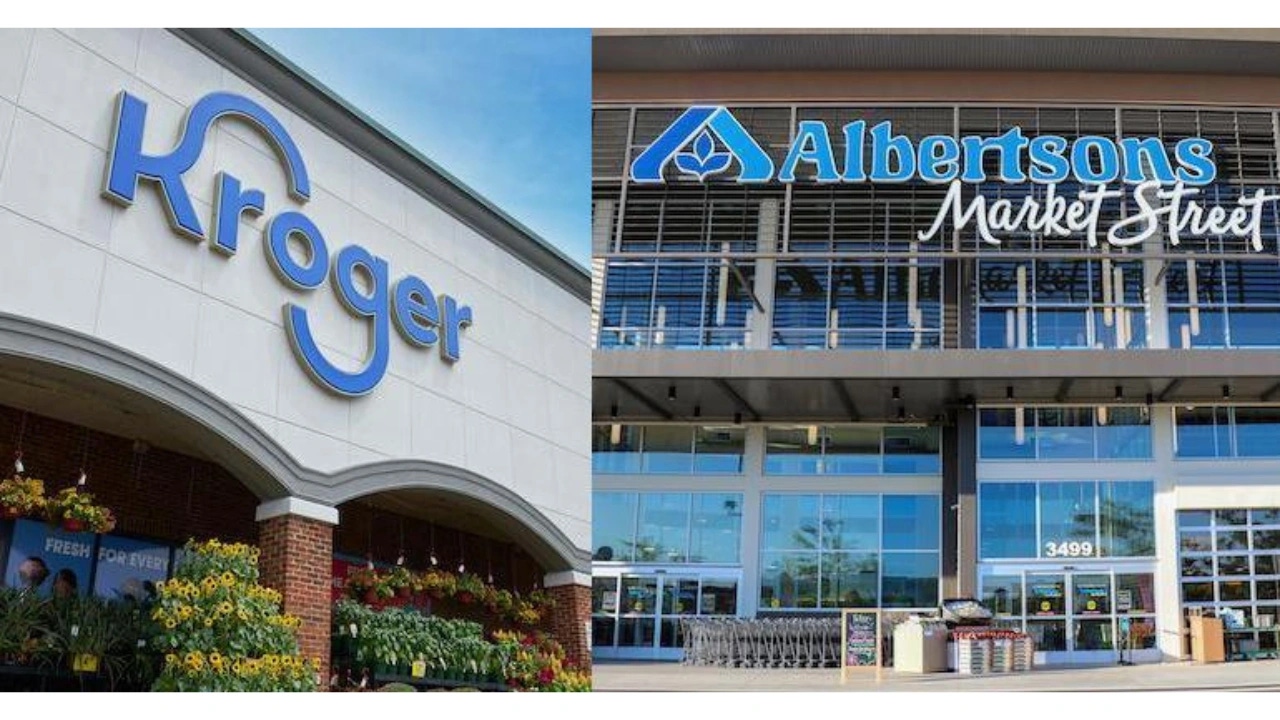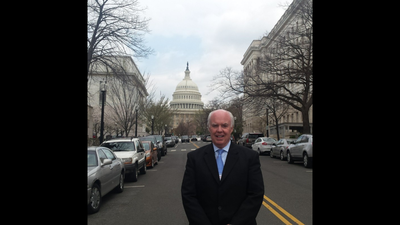A forum for contributed pieces from industry thought leaders, retailers, wholesalers and manufacturers. The views expressed are those of the authors.
The FTC called the Kroger, Albertsons merger collapse ‘a victory for the American people.’ But is it?The FTC called the Kroger, Albertsons merger collapse ‘a victory for the American people.’ But is it?
My premise is this: the grocery industry, and consumers, were not ever threatened by the proposed Kroger, Albertsons merger, regardless of what plaintiff “experts” testified in court

“Progress is our most important product.” For those of us old enough to remember, this well-known General Electric marketing slogan stood for nearly three decades. Progress should be an important part of every company’s charter. Companies must continually strive to achieve progress in today’s highly competitive, technology-centric, ever-changing world.
The decisions issued by the Oregon and Washington courts on December 10, coupled with the termination of the merger agreement by Albertsons the following day, effectively ends the proposed merger between Kroger and Albertsons.
Although I find the overall anti-competitive argument in these merger review cases questionable, I am not surprised by these verdicts. There will be significant post-trial analysis, and I’m sure future case studies will appear in college classrooms. My intent here is not to open the pandora’s box of blame game theory, I’ll leave post-verdict analysis to those pundits who do it for a living.
My premise is this: the grocery industry, and consumers, were not threatened by the proposed Kroger, Albertsons merger regardless of what plaintiff “experts” testified in court.
I worked for a little over a decade at Roundy’s and lived through Kroger’s last major grocery acquisition of Roundy’s, Pick ‘N Save, Metro Markets, and Mariano’s in 2015. I experienced the ebbs and flows of transitioning from a mid-sized Midwestern grocery chain to being part of a much larger enterprise spread across the United States. The synergies promised in mergers do not happen overnight, and they are not without challenges; however, they do happen. Kroger made significant investments in our stores, our merchandising, our marketing, and our people. The net result of this effort was a strengthening of our brand and the customer’s shopping experience.
Metaphorically speaking, we created an improved welcome mat for our customers and the communities we serve. The merger allowed us to create an enhanced business model centered around our customers’ real needs. The merger was a success, and the markets we operate in remain as competitive as ever.
In August, I contributed an op-ed to this publication regarding the administration’s misconceptions on grocery pricing. It was obvious they did not have a clear understanding of the grocery industry and its supply chain. I feel, to a certain extent, the same lack of understanding of the grocery industry was present during these merger review trials.
This is not your father’s grocery industry. The grocery industry has evolved from a supply-driven business to a demand-driven business at a pace heretofore unseen. The grocery industry has seen more change in the last five years then it has in the last 50. The industry has taken a quantum leap forward. The Walmarts, Costcos and Amazons of the retail world are investing billions to leverage the benefits of more powerful Artificial Intelligence technologies as they continue to widen the gap between themselves, Kroger, Albertsons and the rest of the grocery industry.
The FTC released a statement calling the decision in Oregon, “a victory for the American people.”
Is it?
After 141 years as America’s grocer, Kroger has now been stymied in its attempt to keep pace with the competition. The fundamental benefit behind the proposed merger was to deliver increased value to the customer, especially at a time where inflationary pressures continue to place financial burdens on American households.
As someone who worked through a merger with Kroger, I can state, without hesitation, we were able to strengthen our brand and enhance our value proposition to our customers.
That’s called “progress.” Apparently, the FTC and others disagree with General Electric and Kroger on its importance.
About the Author
You May Also Like





.webp?width=300&auto=webp&quality=80&disable=upscale)
